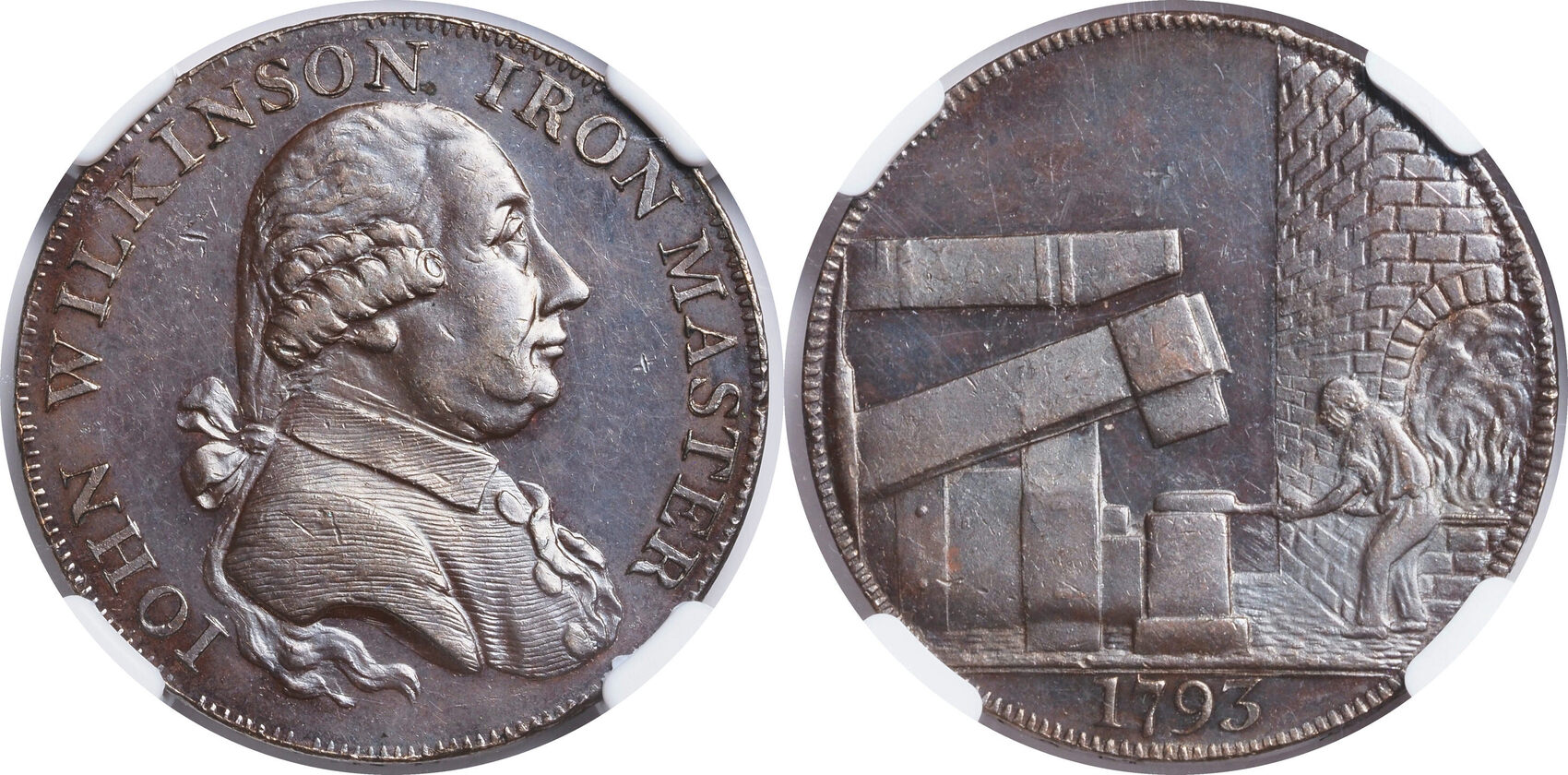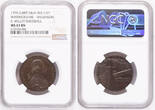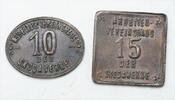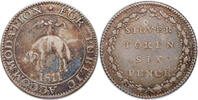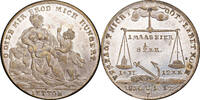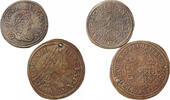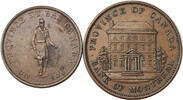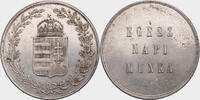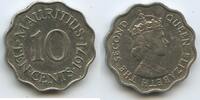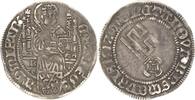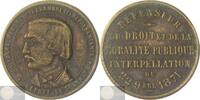MA-ID: 66602454
Bewertungen Stankov
Gran profesional,todo perfecto
ok
Everything OK.
Perfekt !
Great Britain 1/2 Penny Token 1793 Warwickshire. Copper John Wilkinson Halfpenny Token. NGC MS 63
Filip Stankov eU 

2
Seit 2 Jahren bei MA-Shops
435 Bewertungen,
100 % Positiv (seit 24 Monaten)
Weltweiter Versand
139,00 EUR
Rabatt 20,00 EUR / 13%
Differenzbesteuert nach §25a UStG
zzgl. 12,00 EUR Versand ( nach Deutschland )
Lieferzeit: 6 - 10 Tage*
zzgl. 12,00 EUR Versand ( nach Deutschland )
| Bestellhotline +49 (0)2871 2180 383 |
| Zahlungsarten |
| Überweisung |
 Zertifizierungsinformationen
Zertifizierungsinformationen
Mint Year: 1793
Issuer: John Wilkinson
References: DH Warwickshire 393.
Condition: Certified and graded by NGC as MS-63 BN!
Denomination: Halfpenny (½ Penny) - West Midlands, Willey and Snedshill, John Wilkinson.
Material: Copper
Diameter: 29mm
Weight: 13gm
Obverse: Bust of John "Iron-Mad" Wilkinson right.
Legend: IOHN WILKINSON IRON MASTER
Reverse: Man in front of furnance, working at a drop hammer. Date (1793) in exergue.
Exergue: 1793
Edge Incscription: WILLEY SNEDSHILI BERSHAM BRADLEY
John Wilkinson made his fortune selling good quality goods made of iron and reached his limit of investment expansion. His expertise proved useful when he invested in many copper interests. In 1761 the Royal Navy clad the hull of the frigate HMS Alarm with copper sheet to reduce the growth of marine biofouling and prevent attack by the Teredo shipworm. The drag from the hull growth cut the speed and the shipworm caused severe hull damage, especially in tropical waters. After the success of this work the Navy decreed that all ships should be clad and this created a large demand for copper that Wilkinson noted during his visits to shipyards. He bought shares in eight Cornish copper mines and met Thomas Williams, the 'Copper King' of the Parys Mountain mines in Anglesey. Besides supplying Williams with large quantities of plate and equipment Wilkinson also supplied scrap for the process of recovery of copper from solution by cementation. Wilkinson bought a 1/16th share in the Mona Mine at Parys Mountain and shares in Williams industries at Holywell in Flintshire, St Helens, near Liverpool and Swansea, South Wales. Wilkinson and Williams worked together on several projects. They were amongst the first to issue trade tokens ('Willys' and 'Druids') to alleviate the shortage of small coins. Jointly they set up the Cornish Metal Company in 1785 as a marketing company for copper. Its aim was to ensure both a good return for the Cornish miners and a stable price for the users of copper. Warehouses were set up in Birmingham, London, Bristol and Liverpool. To help his business interests and to service his trade tokens, Wilkinson bought into partnerships with banks in Birmingham, Bilston, Bradley, Brymbo and Shrewsbury.
John "Iron-Mad" Wilkinson (1728 – 14 July 1808) was an English industrialist who pioneered the manufacture of cast iron and the use of cast-iron goods during the Industrial Revolution. He was the inventor of a precision boring machine that could bore cast iron cylinders, such as those used in steam engines of James Watt. His boring machine has been called the first machine tool. He also developed a blowing device for blast furnaces that allowed higher temperatures, increasing their efficiency.
| Versandkosten | ||||
|---|---|---|---|---|
| bis 70,00 EUR | 100,00 EUR bis 300,00 EUR | 300,00 EUR bis 2000,00 EUR | 2000,00 EUR bis 35000,00 EUR | |
| Deutschland | 10,00 EUR | 12,00 EUR | 15,00 EUR | 25,00 EUR |
| Österreich | 8,00 EUR | 10,00 EUR | 12,00 EUR | 23,00 EUR |
| Vereinigte Staaten von Amerika | 50,00 EUR | 50,00 EUR | 50,00 EUR | 35,00 EUR |
| Europäische Union | 10,00 EUR | 15,00 EUR | 20,00 EUR | 25,00 EUR |
| Welt | 13,00 EUR | 15,00 EUR | 25,00 EUR | 35,00 EUR |
Informationen zum Kauf bei MA-Shops
Bestellungen bei MA-Shops sind jederzeit möglich und werden innerhalb von 2-4 Arbeitstagen verschickt.
Ein über die MA-Shops abgesicherter Kauf findet niemals außerhalb von MA-Shops statt.
Bestellen Sie sicher online mit dem MA-Shops Warenkorb.
Vielen Dank.
Ein über die MA-Shops abgesicherter Kauf findet niemals außerhalb von MA-Shops statt.
Bestellen Sie sicher online mit dem MA-Shops Warenkorb.
Vielen Dank.
|
Verkäufer-Startseite | 0Warenkorb | AGB | Impressum | MA AGB | Datenschutzerklärung | Garantie | MA-Shops Neuzugänge Copyright ® 2001-2025, MA-SHOPS Muenzen All Rights Reserved. Designated trademarks and brands are the property of their respective owners. |
 Münzen beim Fachhändler kaufen
Münzen beim Fachhändler kaufen


